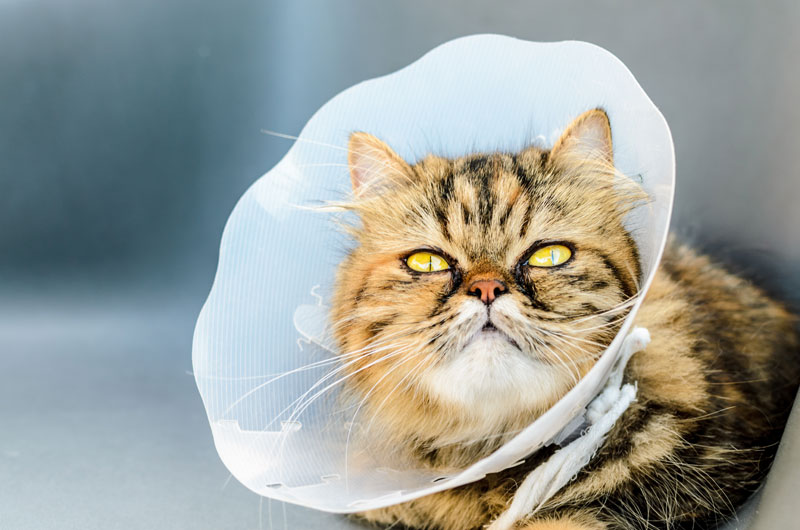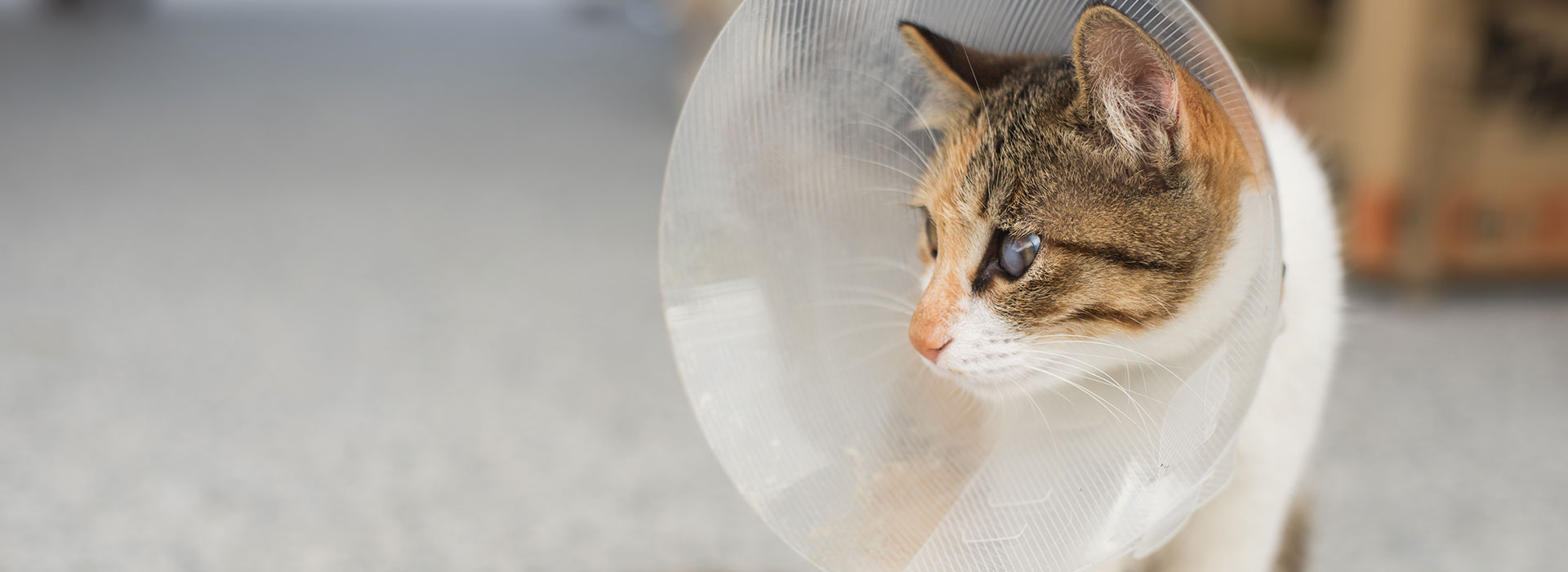
Thinking About Getting you pet Fixed
Spaying and neutering are elective surgical procedures. As a part of their preventative care, our veterinarians typically recommend spaying or neutering all pets that are not intended for breeding because these low-risks procedures offer many health and behavioral benefits to pets.
What Are Spaying and Neutering?
Spaying and neutering refer to two different surgical procedures that are intended to sterilize pets to prevent them from reproducing. During a spay procedure, a female pet’s ovaries and uterus are removed. During a neutering procedure, a male pet’s testicles are removed.
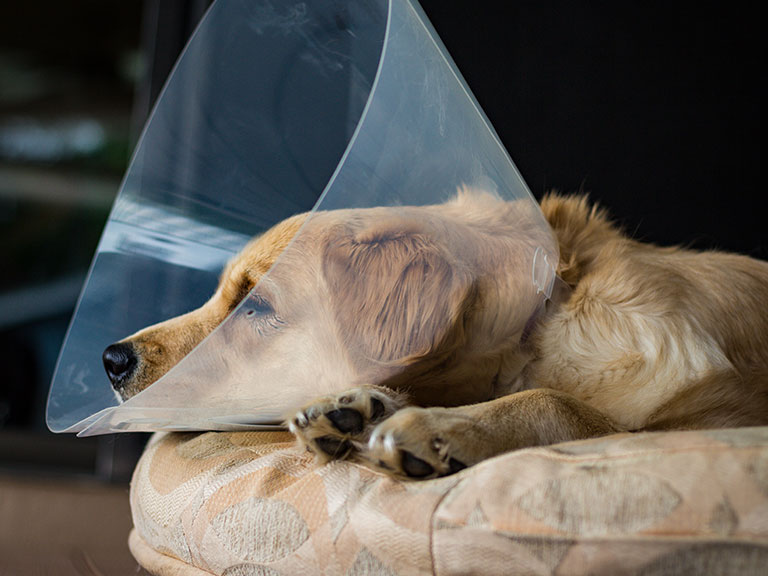
Why We Recommend Surgical Sterilization For Pets
Spay and neuter surgeries have several benefits, such as:

Decreased Risk of Contagious Disease
Sterilized pets come into less contact with other animals throughout the course of their lives. As a result, they are exposed to fewer contagious diseases.
Reduced and/or Eliminated Risk of Certain Types of Cancer
Neutering eliminates the risk of pets developing testicular cancer, and spaying eliminates the risk of ovarian and uterine cancers. It also reduces the risk of female pets developing breast cancer, as long as the surgery is performed before a pet reaches reproductive maturity.
Improved Behaviour
Sterilizing pets helps to prevent unwanted or dangerous behaviours that occur as a result of a pet’s reproductive instincts. These behaviours include wandering, spraying, and excessive vocalization (yowling or howling).
Improved Temperament
Sterilized pets are also less territorial. As a result, they are also less aggressive toward other animals and people.
Reduce Unplanned Litters and Lower the Burden on Animal Shelters
By spaying or neutering your pet, you also help to prevent unwanted litters of kittens or puppies from being born, and this helps to reduce the burden on our community’s animal shelters.
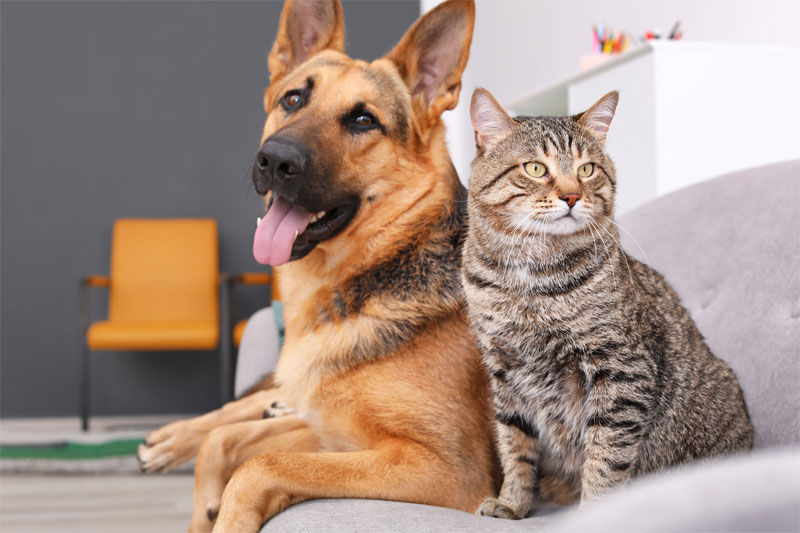
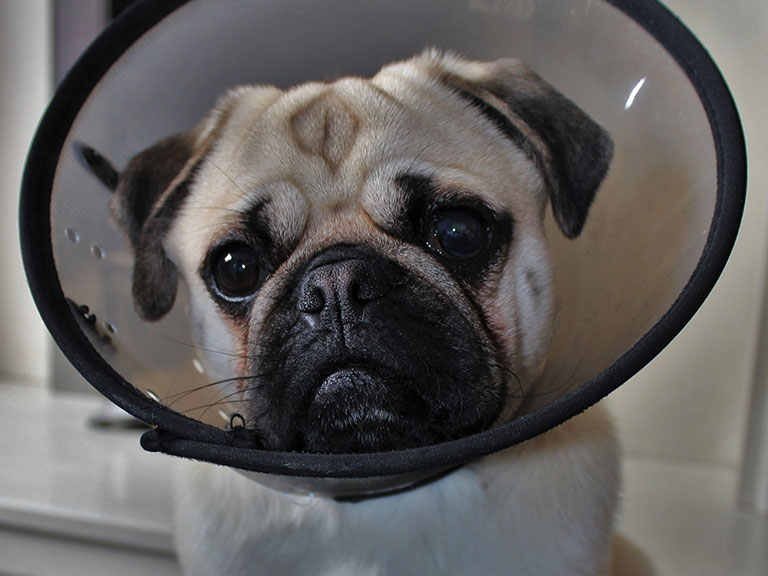
When to Spay or Neuter
Adult pets can be spayed or neutered at any time, as long as they are healthy enough to undergo surgery under general anesthesia. To ensure pets experience the full benefit of spaying or neutering, however, we recommend scheduling your pet for sterilization before they reach reproductive maturity.
Kittens should be spayed or neutered by five months of age, and puppies are usually spayed or neutered between nine and 15 months of age.
What to Expect When Your Pet Gets Spayed or Neutered
At Henderson Animal Hospital, our veterinarians are highly experienced in performing spay and neuter surgeries on pets. Additionally, we use the highest quality medications and state-of-the-art surgical tools to ensure your pet has a successful procedure and a speedy recovery.
To learn more about spaying and neutering pets or to schedule an appointment, we welcome you to contact us today.
To learn more about spaying and neutering pets or to schedule an appointment, we welcome you to contact us today.
